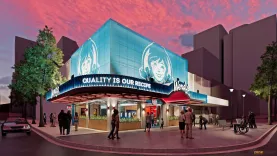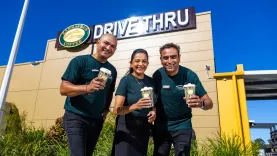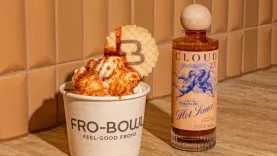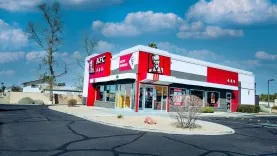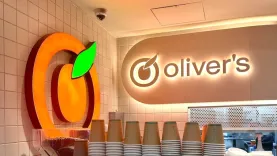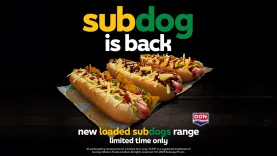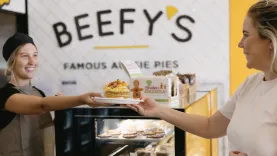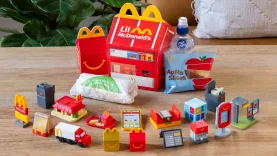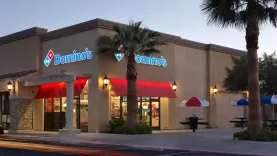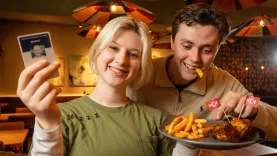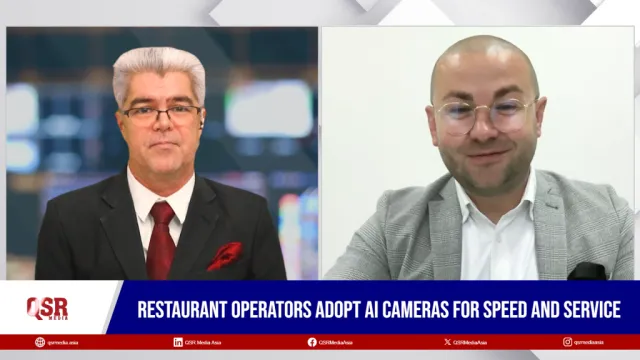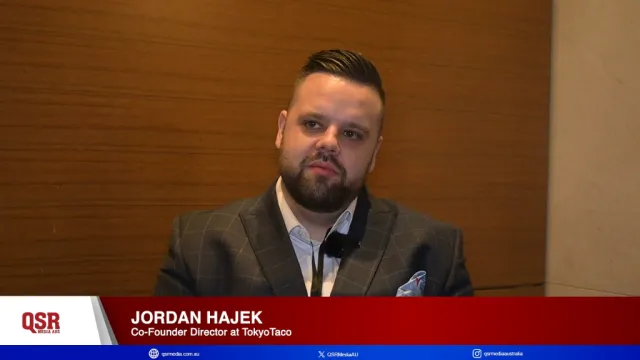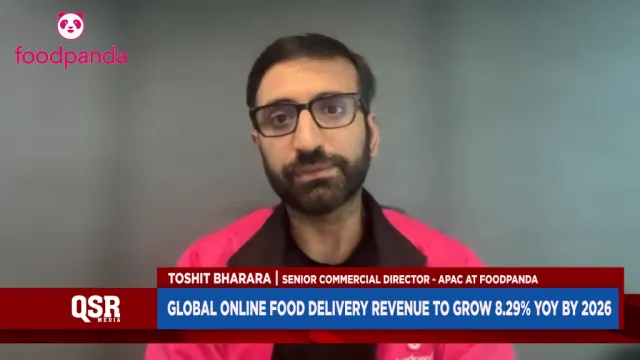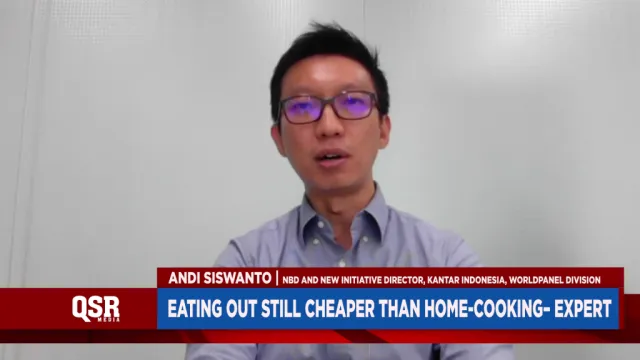Australia
Wendy’s unveils ‘immersive’ flagship in Brisbane
This is the US burger chain's second restaurant in Australia
Zarraffa’s Coffee opens new drive-thru in Karawatha
The new site is expected to create around 35 jobs.
FRO-BOWL brings Brooklyn Beckham’s Cloud 23 hot sauce to Auburn Central
It’s the first store in Australia to stock the Cloud 23 Hot Habanero Sauce.
KFC Australia operator reports 6.7% lift in total company sales
The increase was mainly driven by a surge in same-store sales across all markets.
Oliver’s net loss widens to $2.9m in FY2025
Basic earnings per share came in at $0.0058.
Macca’s Monopoly returns with prizes offered until 14 October
Rewards include a free mortgage for a year.
Grill’d, Chevron City to Surf Perth back genU with $14,000 donation
It aims to back three of genU’s intiatives: Accommodation, Property, and Training.
Subway's SubDog returns with new flavours
The new range is available in both Subway Six-inch and Subway Footlong sub sizes.
Beefy’s reports $21.2m revenue for FY2025
The brand also announced the opening of its first Gold Coast location.
Gami Chicken expands with new Albury restaurant
The new restaurant is being launched by local operator Stuart Fontana.
Red Rooster's Hot Honey Crunch returns with an e-storybook
The e-book tells the fictional backstory of the menu item.
Macca’s launches new Lil McDonald’s Happy Meal
It features 16 mini toys modelled after parts of the restaurant.
Krispy Kreme hands out free original glazed doughnut
This is to mark the announcement of Taylor Swift and Travis Kelce’s engagement.
Domino’s Australia axes discounts after 2025 full-year loss
The group reported a loss of $3.7m for FY2025.
Nando’s opens Indooroopilly outlet with giveaway for first 100 students
The new outlet has created 20 jobs.
SpudBAR keeps growth focus on Australia despite overseas interest
It has stayed true to its core—keeping things simple yet flavourful.

